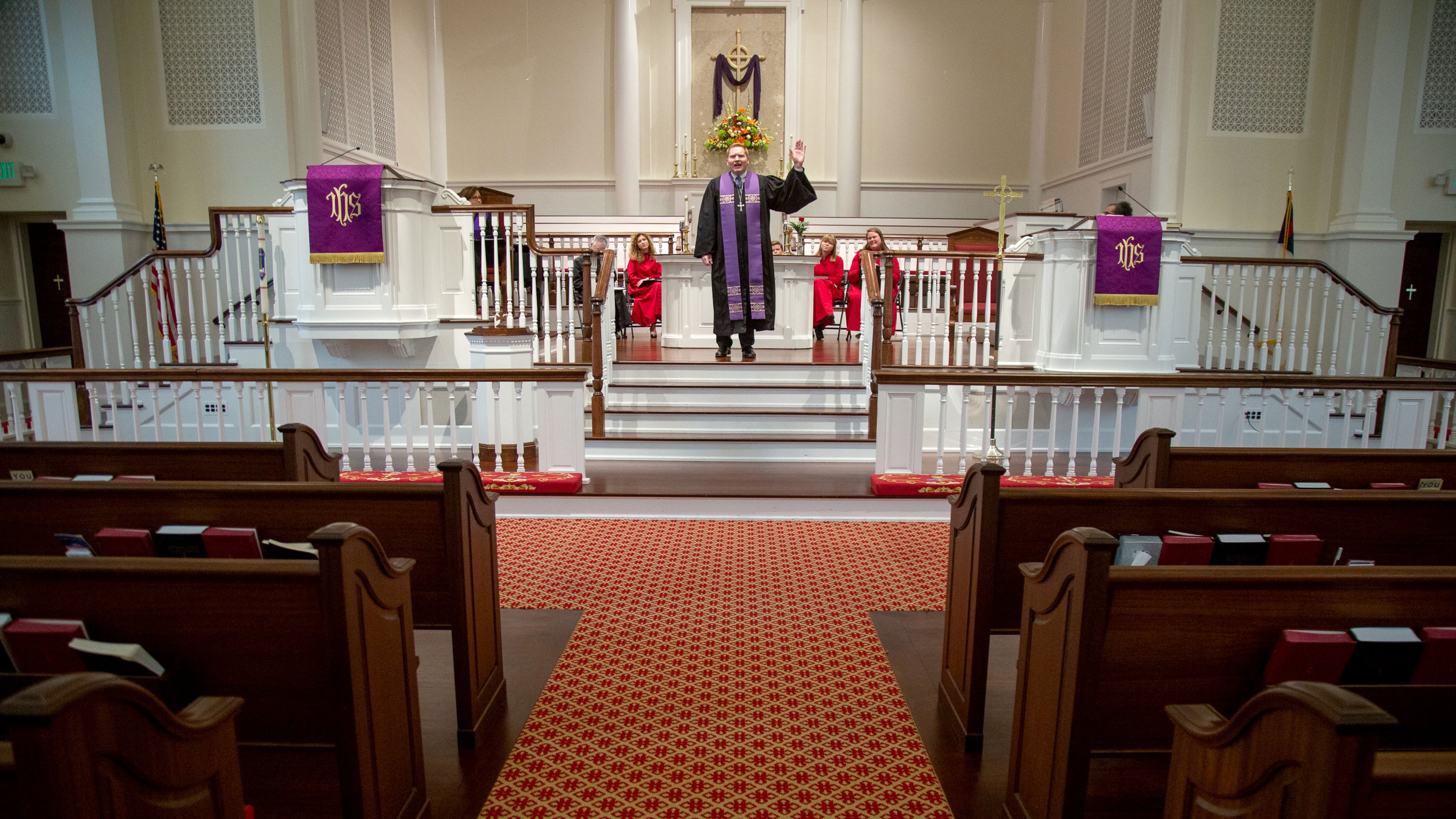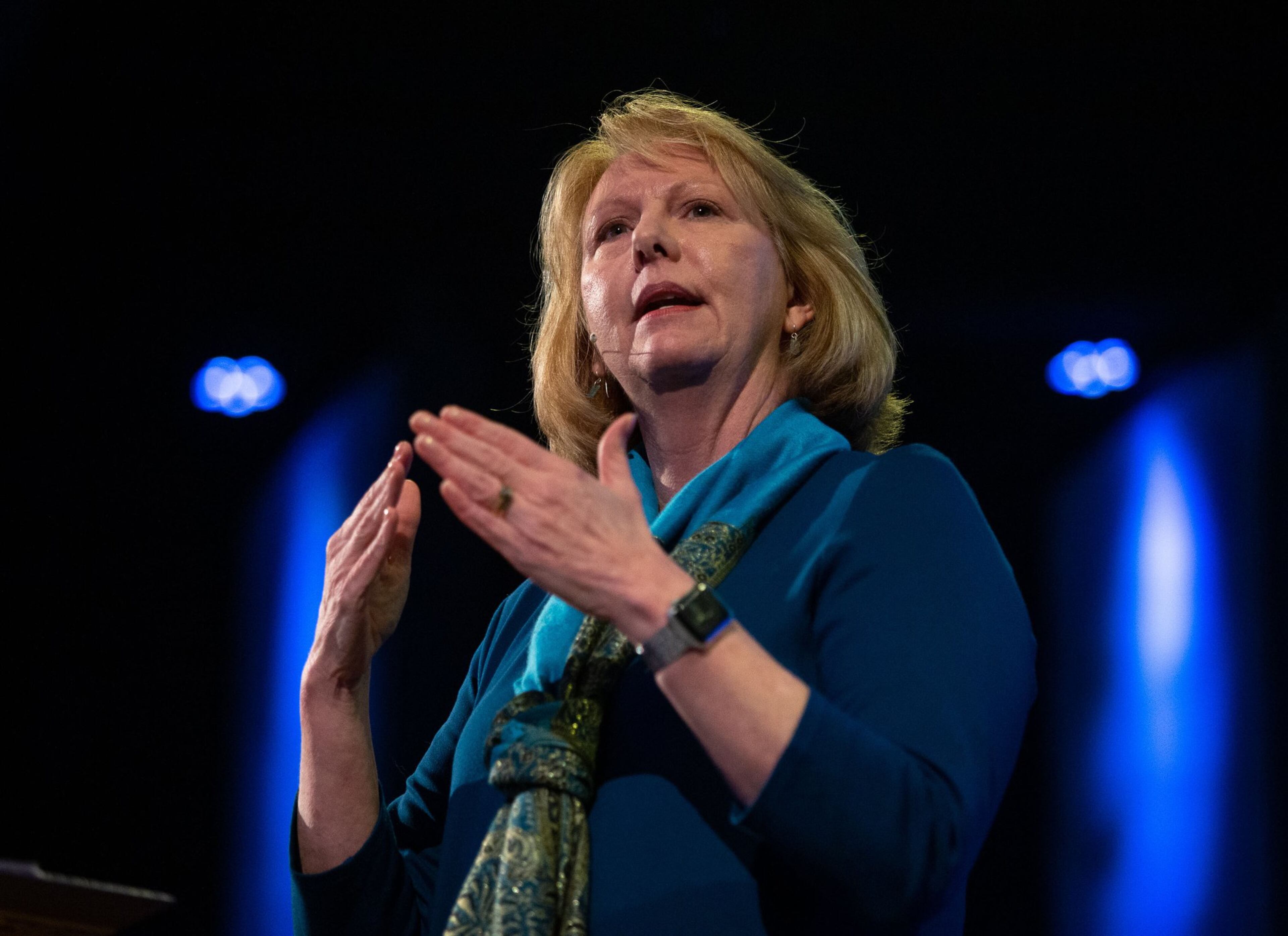United Methodists’ 2020 General Conference postponed over coronavirus concerns

A likely showdown over whether the United Methodist Church splits over same-sex marriage and the ordination of LGBTQ clergy will have to wait.
Denomination officials announced that the 2020 General Conference, which was scheduled to be held May 5 through May 15 in Minneapolis, has been postponed.
The Minneapolis Convention Center notified the denomination’s executive committee on the General Conference that the venue was restricting events through May 10. Government and health officials had recommended postponing or canceling events of 50 or more people because of the spread of the coronavirus.
>> Follow the AJC’s coronavirus coverage
The restrictions would have covered the first few days of the meeting, which was expected to draw more than 860 delegates from around the world.
The denomination’s executive committee had scheduled a March 21 teleconference to discuss plans for the event. That meeting is still on, according to the release.
Only the full commission is able to set a new date or decide on an alternate plan. The UMC announced that the decision by the convention center means that the church will not incur significant financial penalties for cancellation of the contract.
Bishop Sue Haupert-Johnson, resident bishop of the North Georgia Conference of the United Methodist Church, had scheduled a series of town hall meetings to discuss what's ahead for the denomination.

The remaining town halls have been postponed and will also be rescheduled at a later date.
At least four proposals guiding the future of the denomination over LGBTQ issues have been floated for delegates to consider.
One, called the “Protocol of Reconciliation & Grace Through Separation” has gotten the most attention because it included input from bishops and advocacy groups on all sides. It lays the groundwork for what happens to things like property, pastor pensions and outside ministries. Under the proposal, a new “traditionalist Methodist” denomination could be formed.


